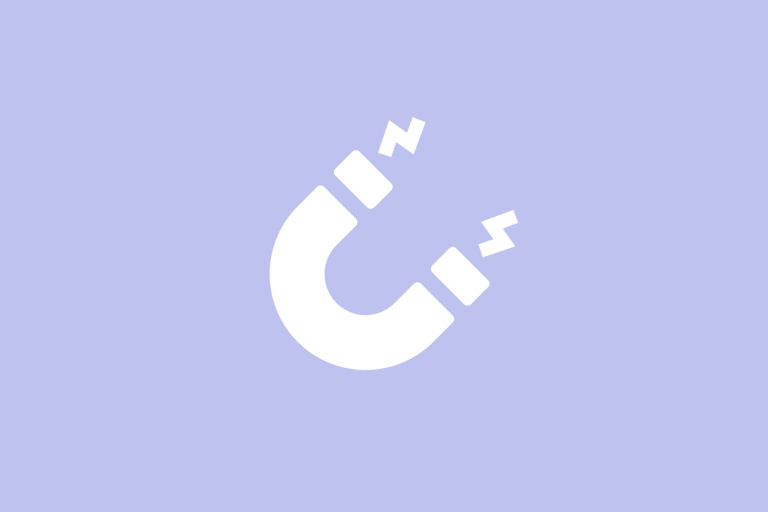The Impact of Duplicate Content on Indexing and SEO
Duplicate content can hinder a website's indexing and SEO performance. When search engines encounter identical or highly similar content across multiple web pages, they may struggle to determine which version to index, potentially leading to diluted visibility and rankings. Understanding the impact of duplicate content underscores the significance of managing and optimizing website content effectively.
Identifying Types of Duplicate Content
Duplicate content can manifest in various forms, including exact duplicates, near duplicates, and duplicate versions across different URLs. Exact duplicates are identical pieces of content, while near duplicates have substantial similarities but may contain slight variations. Additionally, duplicate versions across different URLs can arise from parameters, session IDs, or printer-friendly versions. Identifying these types of duplicate content is crucial for effective management and optimization.
Implementing Canonical Tags for Content Consolidation
Canonical tags serve as a directive to search engines, indicating the preferred version of a web page. By implementing canonical tags, website owners can consolidate duplicate content under a single, authoritative URL, guiding search engines to
index the preferred version. This approach helps mitigate the negative impact of duplicate content on indexing and ensures that the desired content is prioritized for search engine visibility.
Leveraging 301 Redirects for URL Consolidation
When dealing with duplicate content across multiple URLs, implementing 301 redirects can aid in URL consolidation. By redirecting duplicate URLs to a single, canonical version, website owners can streamline indexing efforts and prevent search engines from indexing multiple variations of the same content. This approach contributes to improved indexing and ensures that the preferred URL is presented in search results.
Utilizing Noindex Tags for Non-Essential Content
Non-essential or duplicate content that does not need to be indexed can be managed using noindex tags. By applying noindex directives to non-essential pages, such as category or tag archives, website owners can prevent these pages from being indexed by search engines. This approach helps focus search engine crawlers on indexing essential, unique content, ultimately contributing to improved indexing and search engine visibility.
Regular Content Audits and Removal of Thin or Redundant Content
Conducting regular content audits is essential for identifying and removing thin or redundant content. Thin content, which offers little value to users, and redundant content, which replicates existing material, can dilute a website's indexing and SEO performance. By removing or consolidating such content, website owners can streamline indexing efforts, ensuring that valuable and unique content receives priority for indexing and search engine visibility.
Conclusion: Optimizing Content for Effective Indexing
In conclusion, understanding and managing duplicate content is essential for
optimizing website content and achieving effective indexing. By identifying types of duplicate content, implementing canonical tags, leveraging 301 redirects, utilizing noindex tags, and conducting regular content audits, website owners can effectively manage and optimize content for improved indexing and search engine visibility. Emphasizing the significance of managing duplicate content, this blog underscores its pivotal role in achieving optimal indexing and SEO performance.







